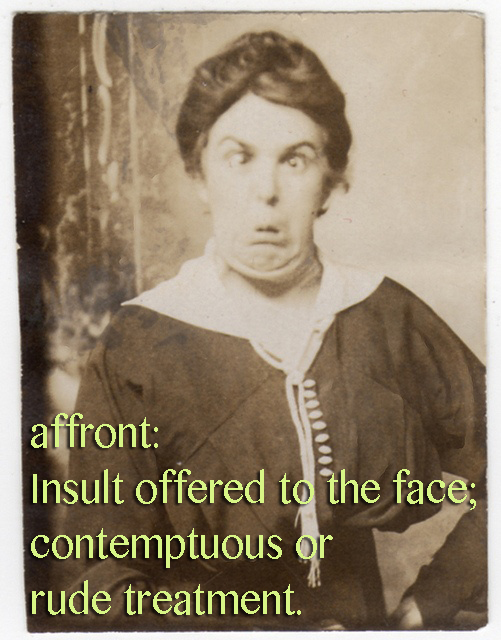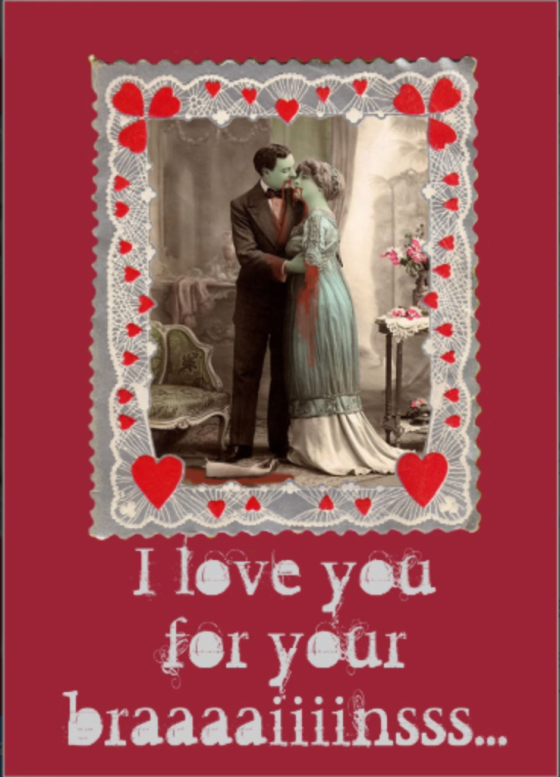Samuel Johnson’s A Dictionary of the English Language (1755) is better known as Johnson’s Dictionary, and is among the most influential dictionaries in the history of the English language. It’s also available online! Because I fully acknowledge that few people get as excited about dictionaries as I do, I’ve taken the liberty of pulling out my ten favourite definitions for you.
rhetorick: The act of speaking not merely with propriety, but with art and elegance.
crapulous: Drunken; intemperate; sick with intemperance.
affront: 1. Insult offered to the face; contemptuous or rude treatment. 2. Outrage; act of contempt, in a more general sense. 3. Open opposition; encounter: a sense not frequent, though regularly deducible from the derivation. 4. Disgrace; shame. This sense is rather peculiar to the Scottish dialect.
I must confess that, with a little Scottish in my family, I find Johnson’s treatment of them amusing. However, he might not find them to so easily offended, if he didn’t put so much work into offending them!
warlock: A male witch; a wizzard. Warlock in Scotland is applied to a man whom the vulgar suppose to be conversant with spirits, as a woman who carries on the same commerce is called a witch: he is supposed to have the invulnerable quality which Dryden mentions, who did not understand the word.
pirate: 1. A sea-robber. 2. Any robber; particularly a bookseller who seizes the copies of other men.
At least Johnson also devotes some time to making fun of his own occupation.
dull: Not exhilaterating (sic); not delightful; as, to make dictionaries is dull work.
oats: A grain, which in England is generally given to horses, but in Scotland supports the people.
lexicographer: A writer of dictionaries; a harmless drudge that busies himself in tracing the original, and detailing the signification of words.
As well as the work of others like him.
booby: [a word of no certain eymology; Henshaw thinks it a corruption of bull-beef ridiculously; Skinner imagines it to be derived from bobo, foolish, Span. Junius finds bowbard to be an old Scottish word for a coward, a contemptible fellow; from which he naturally deduces booby; but the original of bowbard is not known.] A dull, heavy, stupid fellow; a lubber.
Support the project through my GoFundMe page, or visit my shop.







![Samuel Johnson (18 September 1709 [O.S. 7 September] – 13 December 1784), often referred to as Dr Johnson, was an English writer who made lasting contributions to English literature as a poet, essayist, moralist, literary critic, biographer, editor and lexicographer.](https://victoriandictionary.files.wordpress.com/2015/01/samuel_johnson_by_joshua_reynolds.jpg?w=560)













